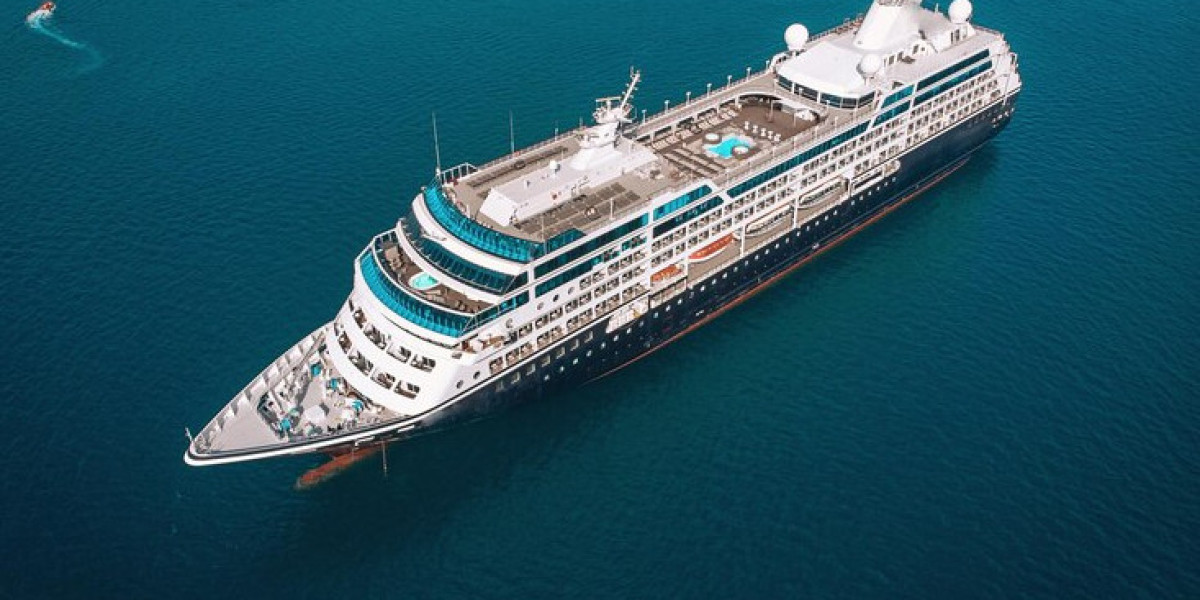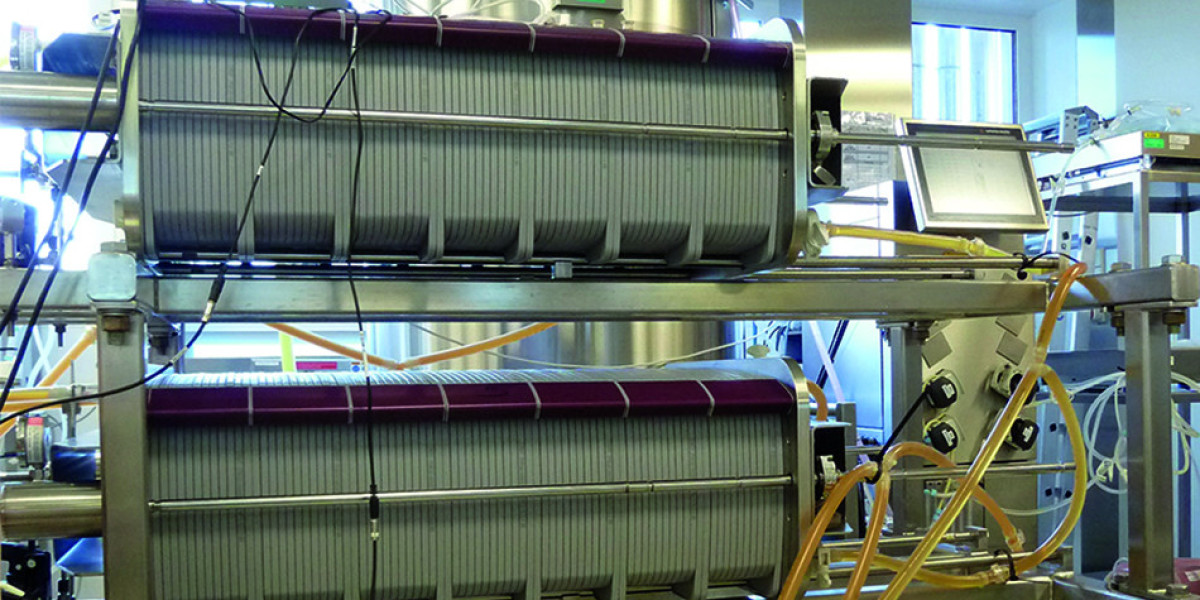Cruise ship tracking is an essential component of modern maritime operations, providing real-time data on the location, speed, and course of vessels worldwide. This technology leverages advanced satellite and communication systems to offer numerous benefits to cruise operators, passengers, and regulatory bodies. Here’s a detailed look at the importance, functionality, and advantages of cruise ship tracking.
Importance of Cruise Ship Tracking
Safety and Security: The primary concern in the cruise industry is the safety and security of passengers and crew. Cruise ship tracking systems allow for constant monitoring of a vessel’s position, ensuring timely responses in case of emergencies, such as man-overboard situations, medical emergencies, or security threats. By maintaining constant communication with onshore command centers, cruise lines can coordinate rescue operations swiftly and effectively.
Operational Efficiency: Efficient route planning and fuel management are critical for cruise operators to maintain profitability and reduce environmental impact. Tracking systems enable real-time route adjustments based on weather conditions, avoiding adverse weather and optimizing fuel consumption. This not only saves costs but also contributes to the sustainability efforts of the cruise industry.
Regulatory Compliance: Cruise ships must comply with various international regulations, such as the International Maritime Organization (IMO) standards. Tracking systems ensure that vessels adhere to designated maritime routes and zones, avoiding restricted or environmentally sensitive areas. Compliance with these regulations is essential for avoiding penalties and ensuring smooth operations.
Functionality of Cruise Ship Tracking Systems
Cruise ship tracking systems typically integrate several technologies, including:
Automatic Identification System (AIS): AIS is a fundamental component, providing real-time data on a ship's identity, position, speed, and course. This information is shared with other vessels and shore stations to enhance maritime safety.
Global Positioning System (GPS): GPS technology is used to pinpoint the exact location of a cruise ship anywhere in the world. This data is crucial for navigation and route optimization.
Satellite Communication: Satellites play a vital role in transmitting data from ships to shore-based control centers. This ensures continuous tracking even in remote areas where traditional radio communication is not feasible.
Voyage Data Recorders (VDR): Similar to a black box in aviation, VDRs record critical information related to the ship’s journey. This data can be used for post-incident analysis and improving operational practices.
Advantages of Cruise Ship Tracking
Enhanced Passenger Experience: Passengers benefit from real-time information about their voyage, including expected arrival times, weather updates, and potential delays. Modern cruise lines offer apps and onboard systems that provide this information, enhancing the overall travel experience.
Environmental Protection: By optimizing routes and monitoring fuel consumption, cruise ship tracking helps reduce greenhouse gas emissions and other pollutants. This aligns with global efforts to protect marine environments and promote sustainable tourism.
Improved Fleet Management: Cruise lines often manage multiple ships across different routes. Tracking systems provide a comprehensive view of the entire fleet, allowing for better resource allocation, maintenance scheduling, and operational planning.
Crisis Management: In the event of a crisis, such as a mechanical failure or severe weather, tracking systems facilitate rapid decision-making and coordination with rescue services. This capability is crucial for minimizing risks and ensuring the safety of all onboard.
Conclusion
Cruise ship tracking is a vital technology that underpins the safety, efficiency, and sustainability of maritime operations. By leveraging advanced tracking systems, cruise lines can ensure compliance with international regulations, optimize operational efficiency, and enhance the overall passenger experience. As the cruise industry continues to grow, the importance of robust and reliable tracking systems will only increase, driving innovations that further secure and streamline maritime travel.















